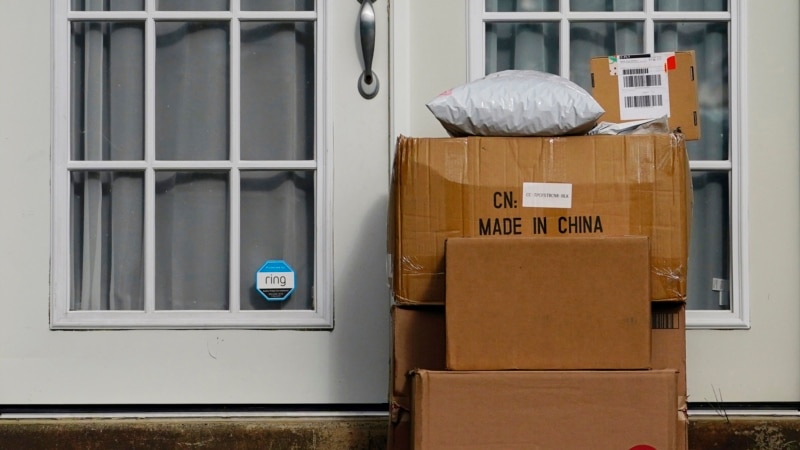
American businessman and former diplomat Stephen Biegun says that while China is carefully and quietly watching the U.S. presidential election to avoid the appearance of taking sides, most of the Chinese counterparts that he speaks with say they want former President Donald Trump to be re-elected.
“There is a certain fascination about him in China and a sense that unpredictability can also deliver outcomes that the Chinese want,” Biegun said in remarks at an Aspen Security Forum discussion Tuesday. “President Trump was not afraid to engage with the Chinese and he did so.”
Biegun served as the U.S. deputy secretary of state and special representative for North Korea during the Trump administration. He is currently senior vice president of global public policy at Boeing Company.
He was asked about what a second Trump presidency versus a second term for Joe Biden would look like on China policy.
Both President Joe Biden and Trump have been tough on China. Trump has proposed that if elected, he would impose a general tariff of 10% on all foreign goods and increasing tariffs on goods from China to 60%.
Biegun said that a bigger concern of a second Trump presidency in his view would be managing relations beyond China’s borders.
Across-the-board tariffs are going to make it very difficult for “us to turn around and enlist those countries in a set of sensible policies on a coordinated basis that addresses our national concerns,” he said.
Asked about the current U.S.-China relationship, Anja Manuel, former diplomat and executive director of the Aspen Strategy Group and the Aspen Security Forum, said that regardless of who is elected, “no one is under any illusions that you’re going to have a positive upward swing” in U.S.-China relations.
Manuel, who has worked for Democratic and Republican administrations, said Biden’s summit with Chinese leader Xi Jinping in Woodside, California, late last year set a baseline for U.S.-China relations.
“If there is a second Biden administration, I think you’ll have a lot of continuity,” Manuel said. “They’ve talked about managed competition and they’re handling it the way they are handling it. I think you’re going to see steady as she goes.”
If Trump is re-elected, she said, U.S.-China relations will be a wild ride, noting that right now there seem to be widely different views from former members of the Trump administration and the former president.
She said that on the one hand, people who once worked for Trump, such as his deputy national security adviser, Matt Pottinger, and former House Select Committee on China Chairman Mike Gallagher, have written that the United States must defeat China, not just manage competition with it. They made the argument in an article titled “No Substitute for Victory” in Foreign Affairs magazine.
“And then you have Trump saying things like 60% tariffs. That’s probably not good for his base,” she said.
Referring to an interview with the former president released Tuesday by Bloomberg Businessweek, she added that Trump’s comments on Taiwan also raise questions.
“You have Trump, on the other hand, saying, well, Taiwan, they stole business and the semiconductor business from America, why should we protect them?” Manuel said.
“If I were the Chinese, that would leave me to believe that he wouldn’t be as strong on the protection of Taiwan or, because he’s so unpredictable, that he might do something even more rash, so I don’t know if that’s a positive or negative. But boy, it’s going to be a wild ride.”
In his response, former Google CEO Eric Schmidt focused on Trump’s campaign promise to impose a 60% tariff on products from China and a general tariff on all products from all other countries.
“This would ultimately result in higher costs for those of you who shop at Walmart and those of you who shop at everywhere else,” Schmidt said.
Adrianna Zhang contributed to this report.
